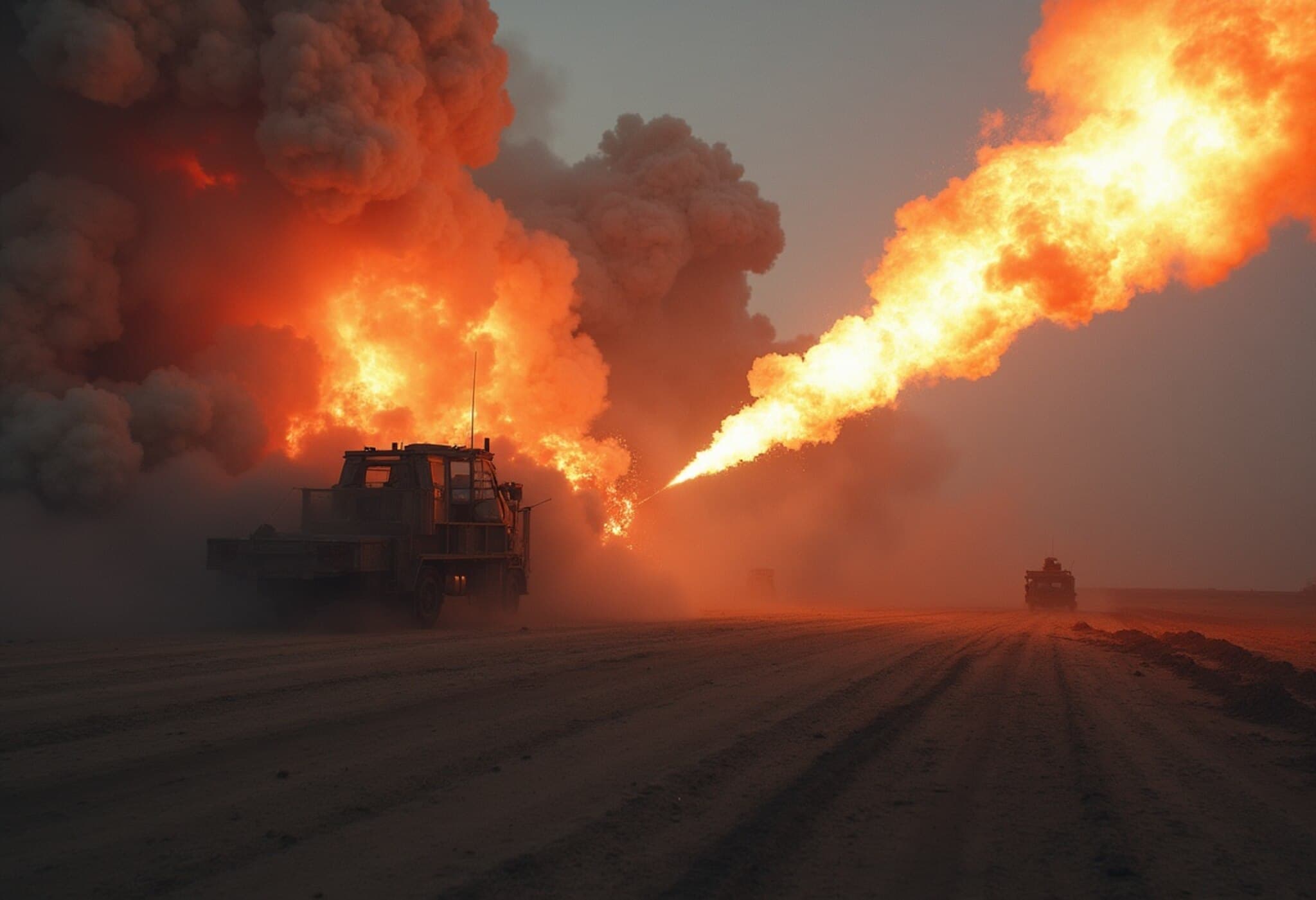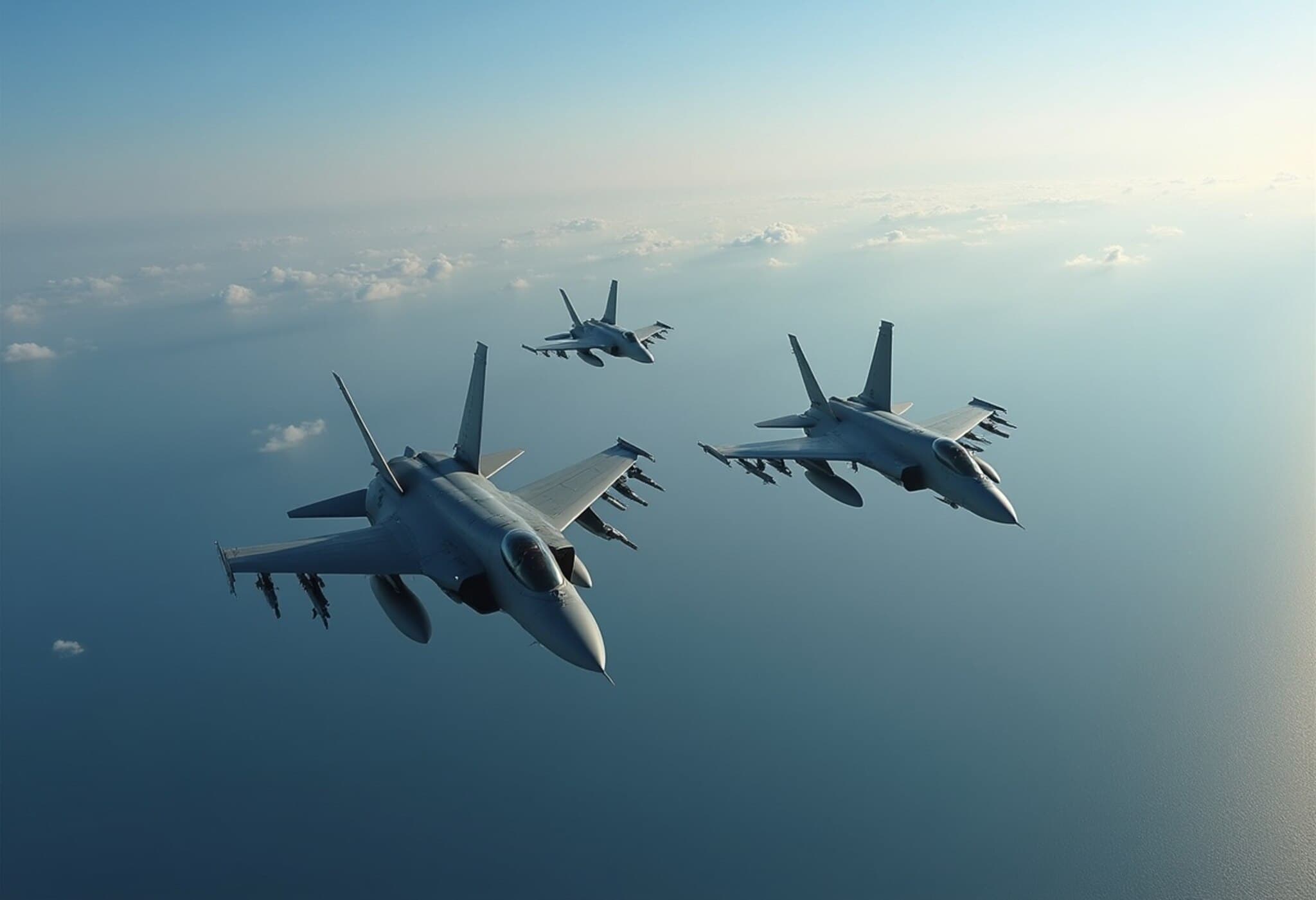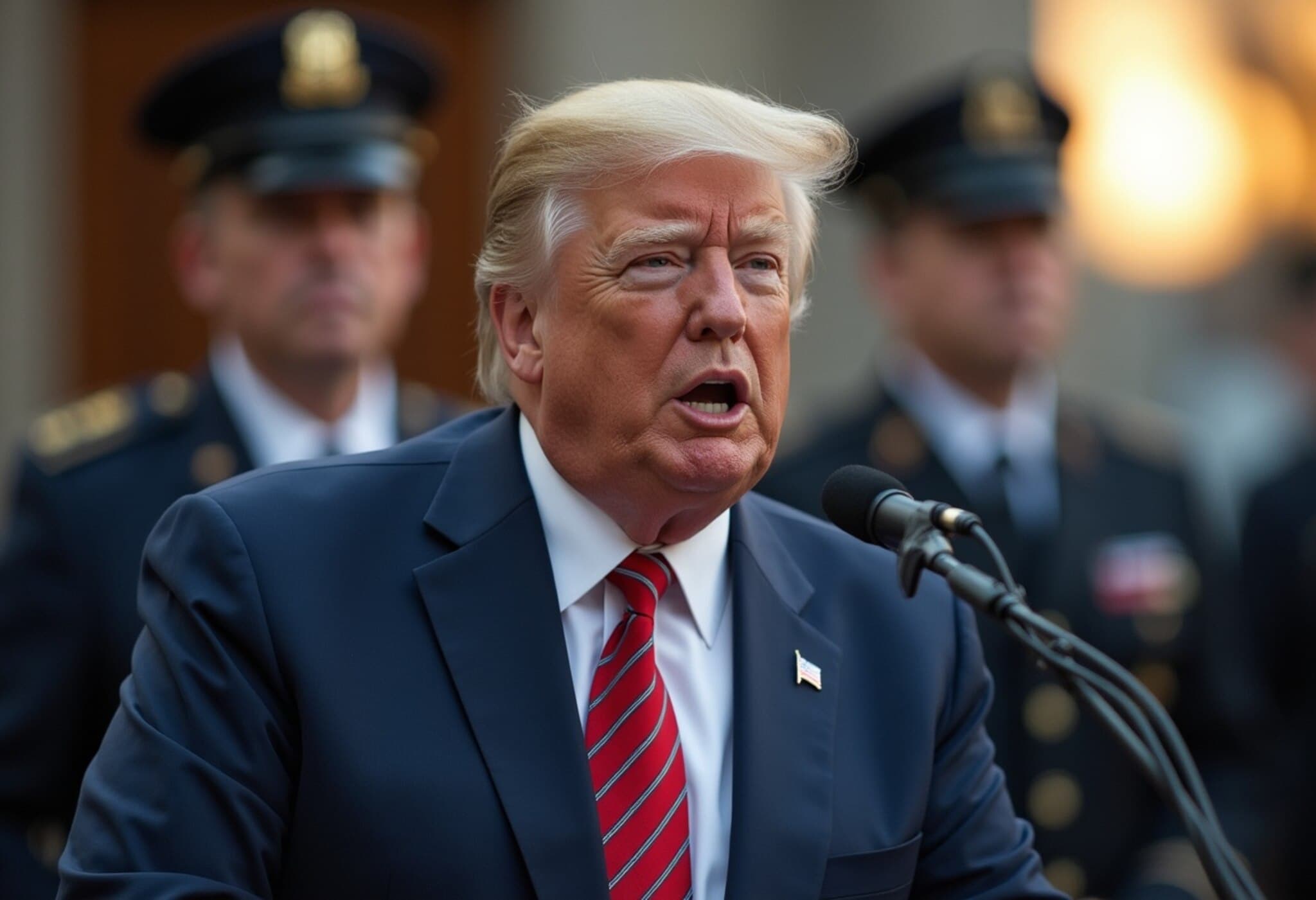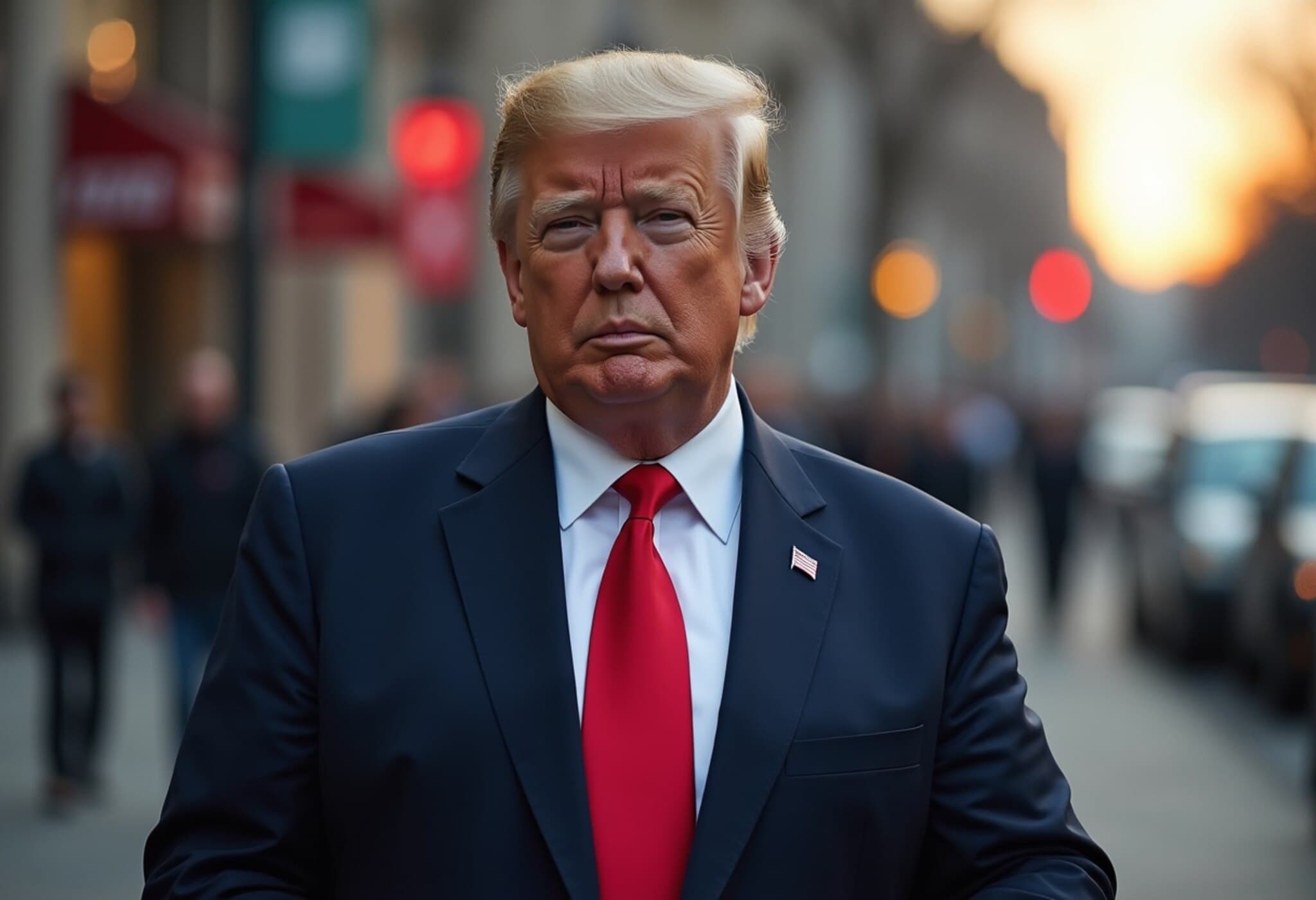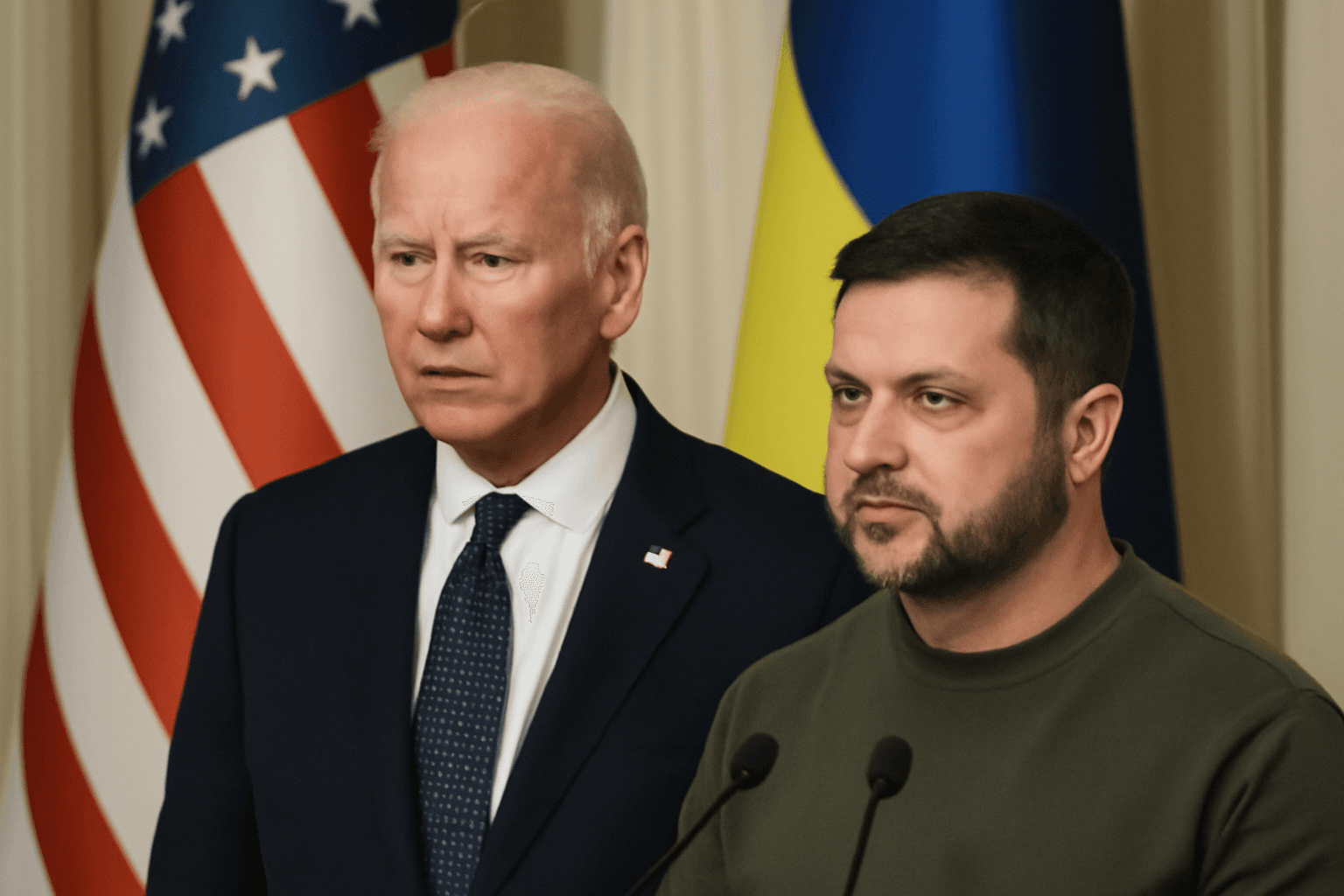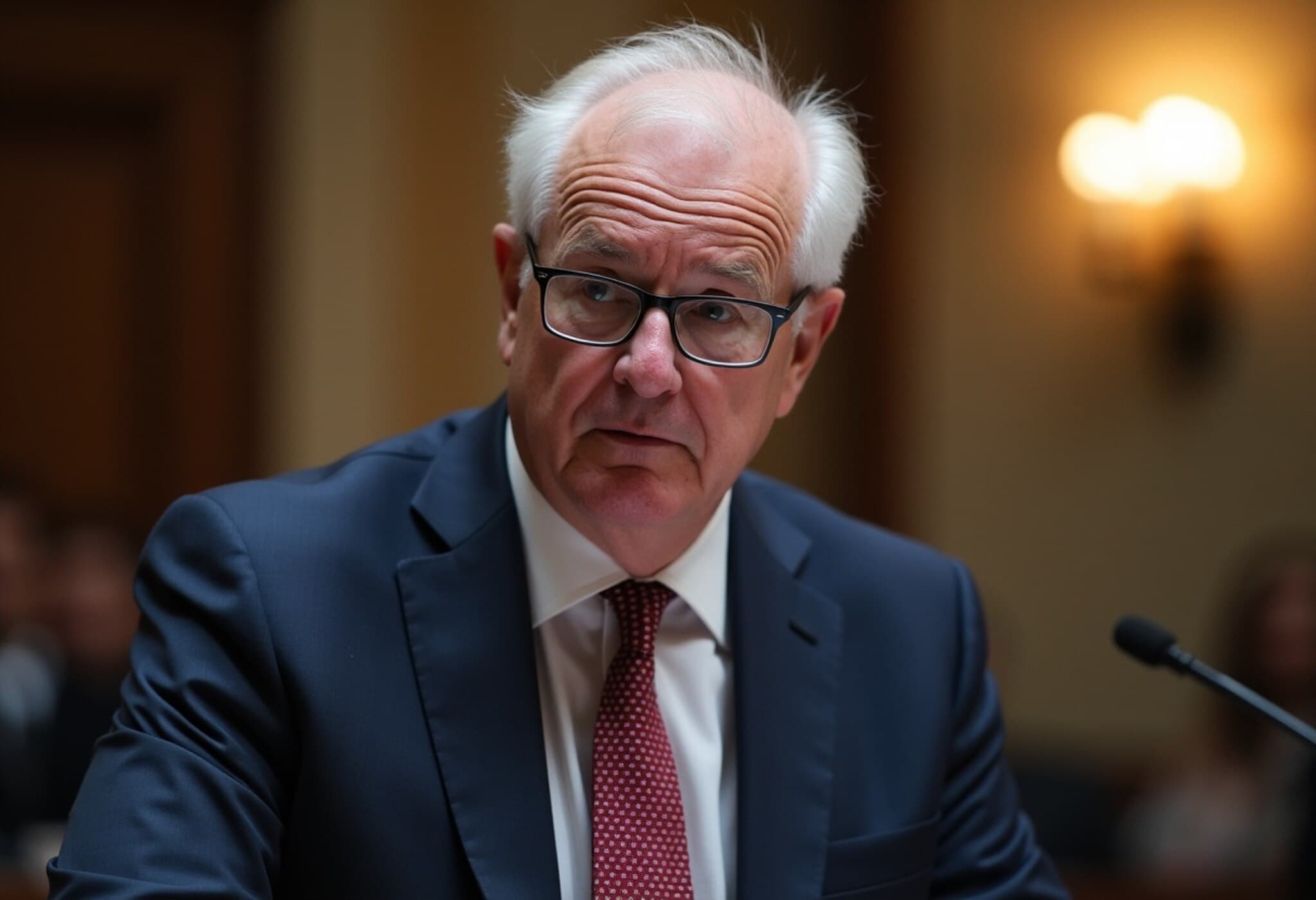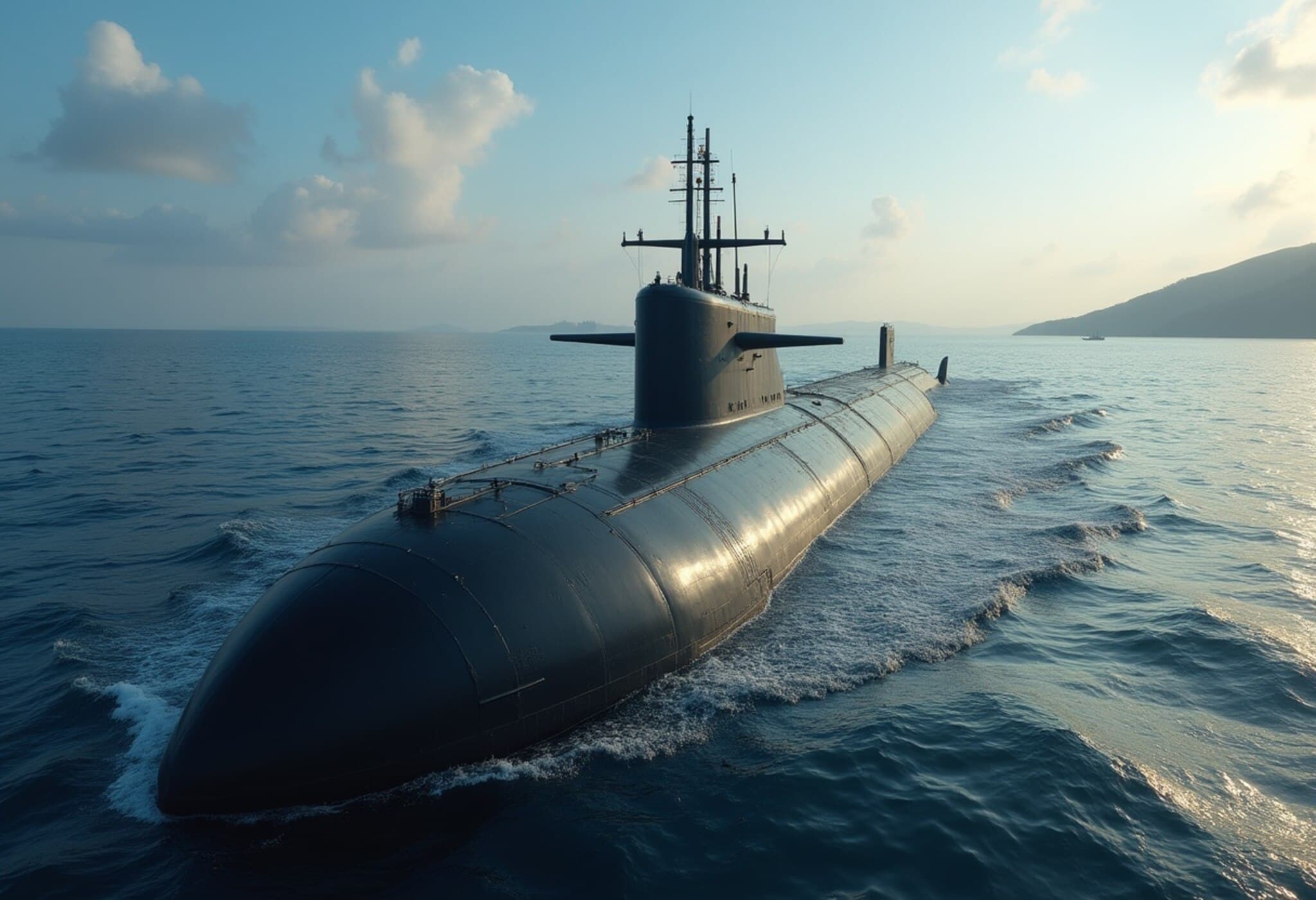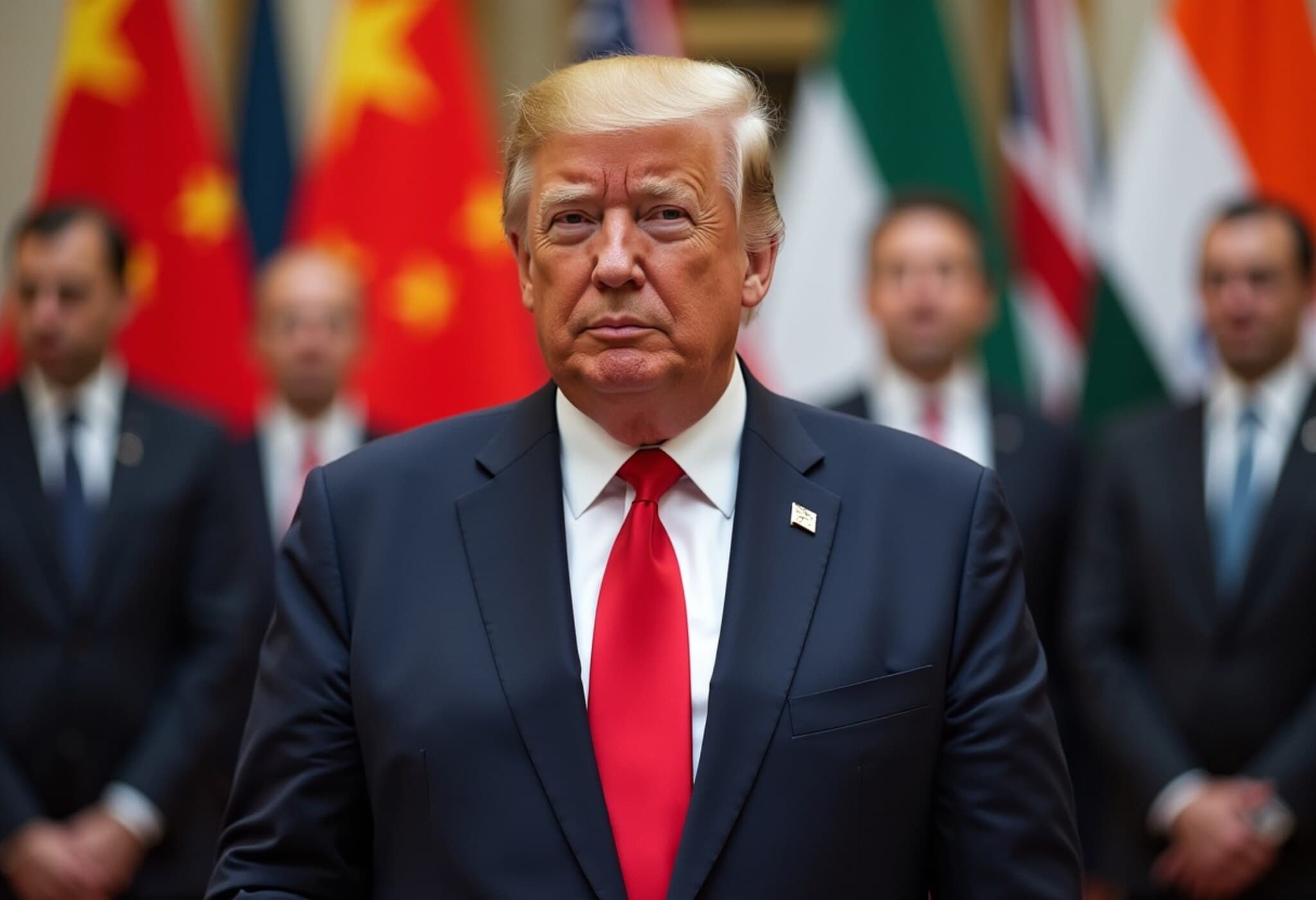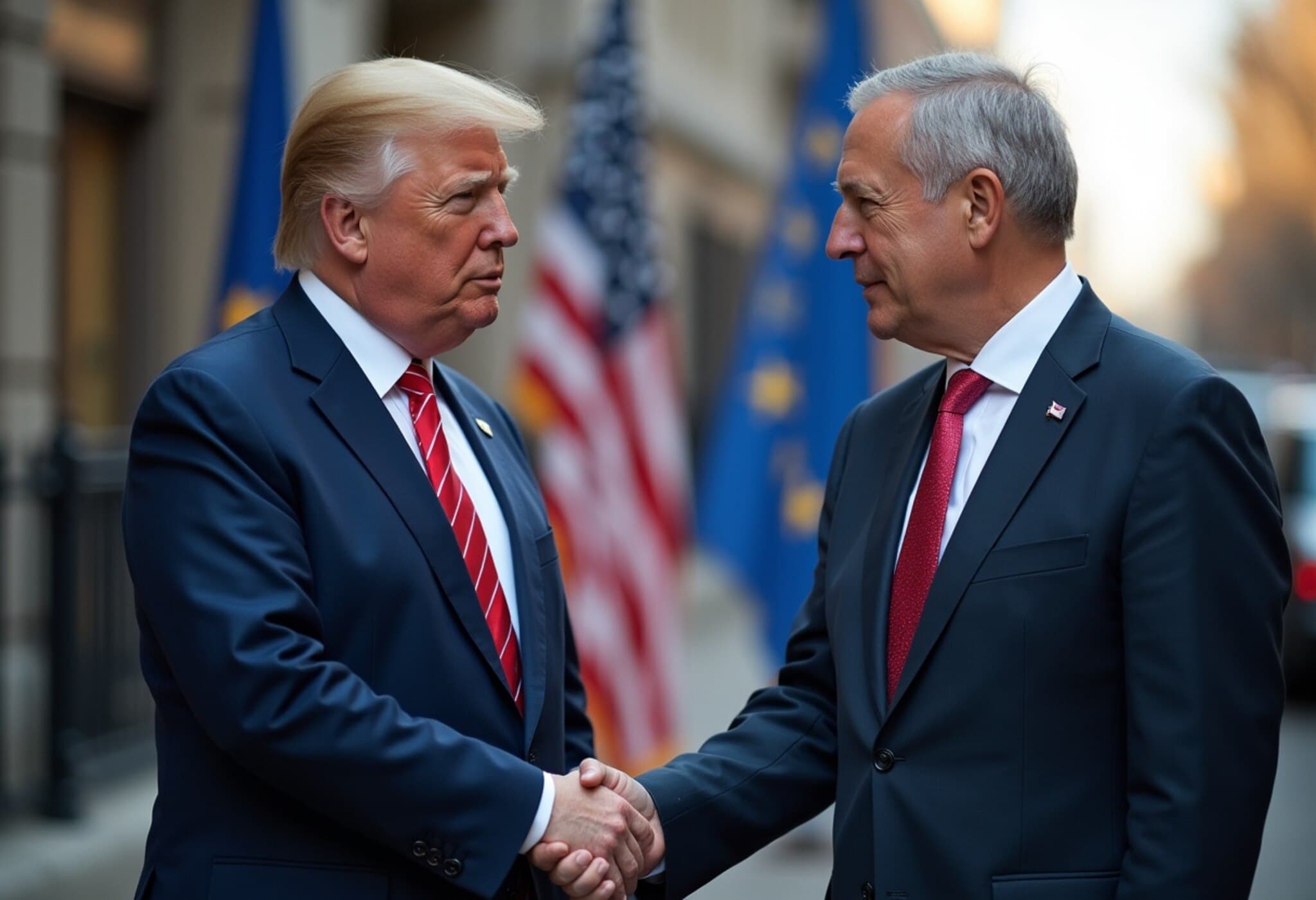Britain and Australia Forge Stronger Defence Ties Amid Growing China Concerns
In a striking demonstration of alliance strength, the United Kingdom has reiterated its commitment to stand shoulder-to-shoulder with Australia in the face of escalating geopolitical tensions, particularly relating to China’s expanding influence in the Indo-Pacific region. UK Defence Minister John Healey’s recent statements underscore a renewed resolve to "fight together" if necessary, signaling a more assertive posture from London in a historically complex and sensitive strategic environment.
Deepening Military Cooperation through AUKUS
Healey’s remarks came shortly after sealing a landmark $41 billion defence agreement with Australia to accelerate the construction of nuclear-powered submarines under the AUKUS trilateral partnership with the United States. This pact, pivotal in shaping regional naval capabilities, reflects a shared recognition among these Western powers of the need to balance China's assertive maritime maneuvers and safeguard critical trade routes, such as the Taiwan Strait.
During his visit to Australia, Healey emphasized that joint exercises, such as the ongoing Talisman Sabre military drills involving the Royal Navy's aircraft carrier HMS Prince of Wales in Darwin, are designed to enhance operational readiness and demonstrate visible deterrence. He remarked to The Telegraph, "We secure peace through strength, and our strength comes from our allies." Such military collaborations indicate a tangible shift towards preparedness, not just rhetoric, signaling resolve in the face of hybrid threats including espionage and cyberattacks.
Balancing Diplomacy and Security: UK’s Nuanced Stance
While asserting military solidarity, UK Foreign Secretary David Lammy echoed a balanced approach that combines cooperation with necessary confrontation. Highlighting issues like China's espionage activities, repression in Hong Kong, and its partnership with authoritarian regimes, Lammy advocated for maintaining dialogue on global challenges such as climate change and trade. This nuanced stance aims to mitigate the risk of exacerbating tensions while holding China accountable on key fronts.
Lammy’s pointed references to transnational repression — where Hong Kong authorities allegedly offered rewards for capturing pro-democracy activists overseas — bring to light underreported dimensions of China’s coercive reach beyond its borders. His comments represent a growing international consensus that confronts not only traditional military threat vectors but also subtler forms of influence and intimidation.
Australian Public Sentiment and Strategic Calculus
Within Australia, public opinion remains cautious yet realistic. A March 2023 Resolve Political Monitor survey revealed that approximately 28 percent of Australians view China and Russia as imminent threats, reflecting a wariness that underpins the government’s strategic initiatives. However, a majority expressed reluctance to unequivocally side with the US in any hypothetical conflict with China, highlighting the complexity of public attitudes toward balance between alliance commitments and regional peace.
Australia’s geographic proximity to China’s growing naval presence — exemplified by Chinese naval task groups appearing near Australian waters earlier this year — lends urgency to Canberra’s partnership with allies like the UK. Prime Minister Anthony Albanese’s mantra of "cooperate where we can, disagree where we must" encapsulates the delicate diplomatic tightrope Australian leadership walks in the current milieu.
Expert Insight: Implications for US Strategy and Global Security
From a broader strategic perspective, the UK-Australia alignment fills critical gaps in the US’s evolving Indo-Pacific posture, especially as American policymakers reassess the distribution of key military assets. The AUKUS agreement enhances collective deterrence by placing cutting-edge military capabilities in the hands of trusted partners while sending a firm message to Beijing about the costs of aggressive moves.
However, experts caution that a sustained balance between deterrence and engagement is essential to avoid triggering unintended escalations. The complexity of hybrid warfare strategies — encompassing espionage, economic coercion, cyber interference, and information operations — compels allied nations to deepen intelligence-sharing frameworks and develop comprehensive responses beyond traditional military means.
Conclusion: Unity Amid Uncertainty
As global power dynamics continue to shift, the UK's vocal support for Australia and its readiness to "fight together" underscores the evolving contours of alliance-driven security in the 21st century. This partnership not only enhances military readiness but also invites broader reflection on how democracies can collaborate to uphold rules-based order without forsaking diplomacy.



